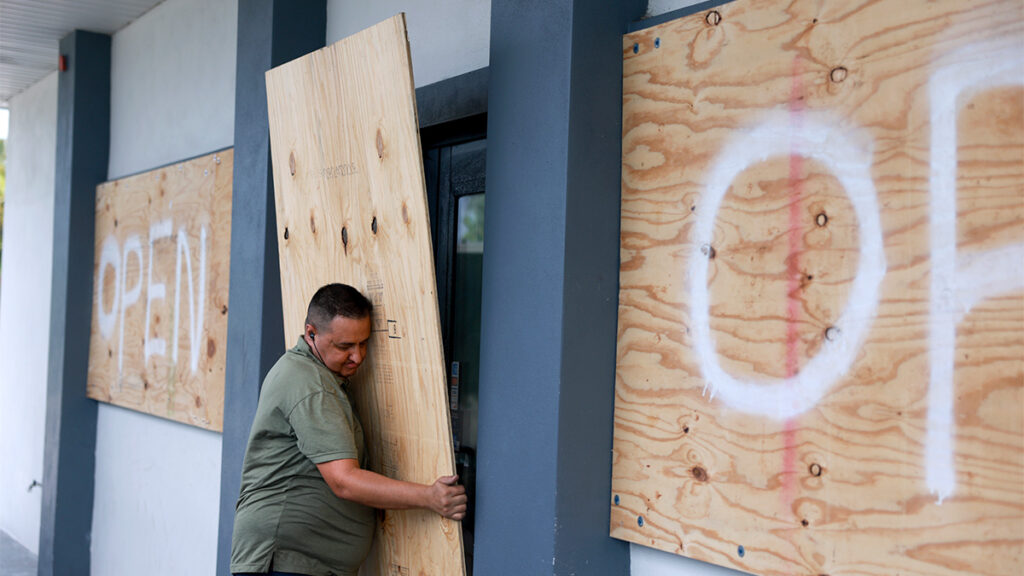In the wake of a disaster, the economic aftershocks can be as devastating as the physical destruction, especially for small businesses. While large corporations often have the resources to rebound, smaller enterprises may struggle to survive without assistance. This is where big businesses can play a pivotal role. By extending a helping hand, they not only contribute to the recovery of small businesses but also help stabilize the local economy, preserving the social fabric of the communities they share. In this article, we will explore the various ways in which big businesses can support smaller ones in the aftermath of a disaster, turning a moment of crisis into an opportunity for collaborative growth and resilience
………..
Companies have a critical role to play in supporting the recovery of local economies, employees, and communities…
………..
The Role of Big Businesses in Disaster Recovery for Small Enterprises
Introduction
In the United States, a significant portion of the workforce is employed by micro, small, or medium-sized enterprises (MSMEs), specifically those with up to 499 employees. These businesses play a crucial role in sustaining local economies, supporting employees, and maintaining the social fabric of communities. Therefore, their quick recovery following disasters is essential not only for the businesses themselves but also for the broader community.
The Impact of Hurricanes on Small Businesses
Recent events such as Hurricane Helene and Hurricane Milton have highlighted the vulnerability of small businesses to natural disasters. The aftermath of these hurricanes has been devastating, leading to the loss of lives, homes, and, critically, businesses. This disruption poses a direct threat to the livelihoods of many and jeopardizes the realization of the American dream for numerous entrepreneurs and workers.
The Role of Larger Corporations in Supporting Recovery
In response to such crises, there is a significant role for larger businesses to play in aiding their smaller counterparts. This support can take various forms:
- Extending Payment Terms and Flexibility in Contracts: Big businesses can alleviate financial pressure on small businesses by offering extended payment terms or showing flexibility in contract provisions.
- Providing Expert Support and Resources: Large companies can also offer expert support, share facilities, and provide essential resources like broadband access to help small businesses get back on their feet.
- Sharing Disaster Preparedness Strategies: Perhaps one of the most crucial forms of support is the sharing of disaster preparedness playbooks. By doing so, big businesses can help small enterprises enhance their resilience and prepare for future disasters.
Conclusion
The cooperation between big and small businesses in times of disaster is not just beneficial but necessary. It fosters community resilience and ensures that the economic and social impacts of disasters are mitigated. As the frequency of events like Hurricanes Helene and Milton may not wane, the proactive engagement of all business sectors becomes imperative to safeguard communities and their economies.





